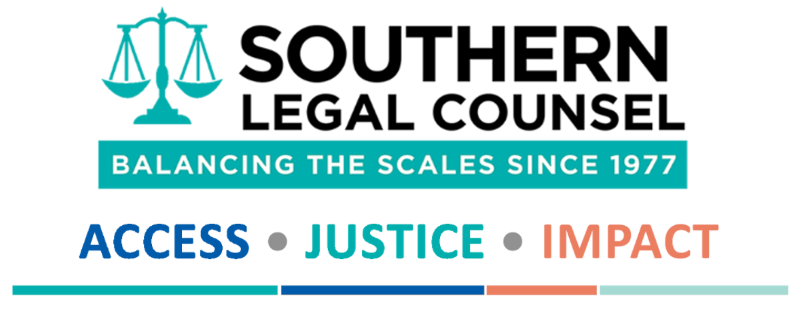Which Option Is The Right Option?
- It is always better to try less restrictive alternatives like Supported Decision-Making and estate planning first. This gives the adult the chance to develop decision-making skills, practice, learn from their mistakes, and mature as an adult. If that does not work, guardianship and guardian advocacy will always be available.
- Supported Decision-Making is the least restrictive and most flexible option. It can be formalized in an agreement where the adult details all the areas in their life where they would like support in making their decisions. In the agreement, the adult with developmental disabilities states who they want to support them in each area, and how they do and do not want to be supported. For example, an adult might want to make her uncle her supporter for deciding where to live. She could state that her uncle will help her make a list of things she wants in an apartment, find a realtor, visit apartments with her, and help her set up automatic payments for rent. She could also state that she doesn’t want her uncle to talk to her landlord without her.
- If the adult with developmental disabilities is capable of making an informed decision to sign the two estate planning documents, this is a great path for people who want someone else to decide for them in certain instances.
- The estate planning option also provides flexibility for the adult with developmental disabilities. This allows them to explicitly make their wishes known regarding who they want to grant decision making authority to, and how they would like to be treated if certain medical situations arise.
- The content of the estate planning documents have to directly reflect the wishes of the adult with developmental disabilities that is signing them. The estate planning option is appropriate if the adult with developmental disabilities is capable of making decisions regarding their wishes and the content of those documents. This does not mean they need to be able to define technical legal terms or list all the banking powers granted in their power of attorney. It means the adult must be able to understand the nature and effect of the document, for example “signing this document means mom will manage all of my money.” If this is not the case, then the guardian advocate/guardianship option may need to be considered.

